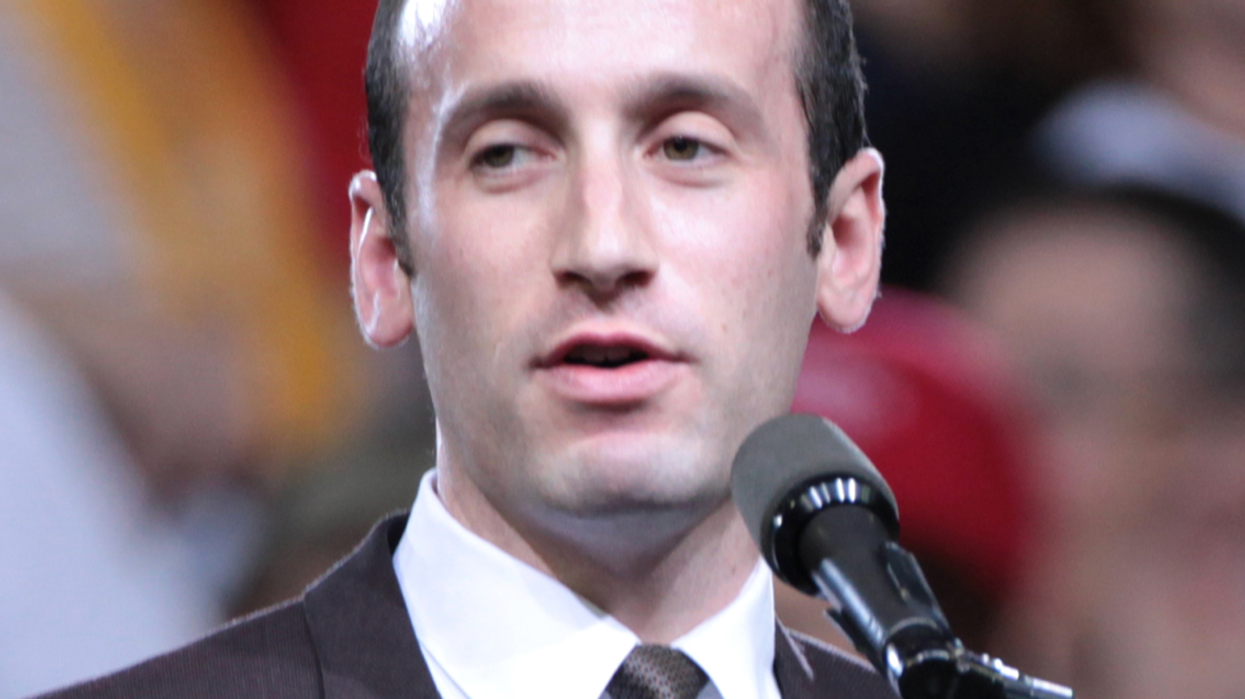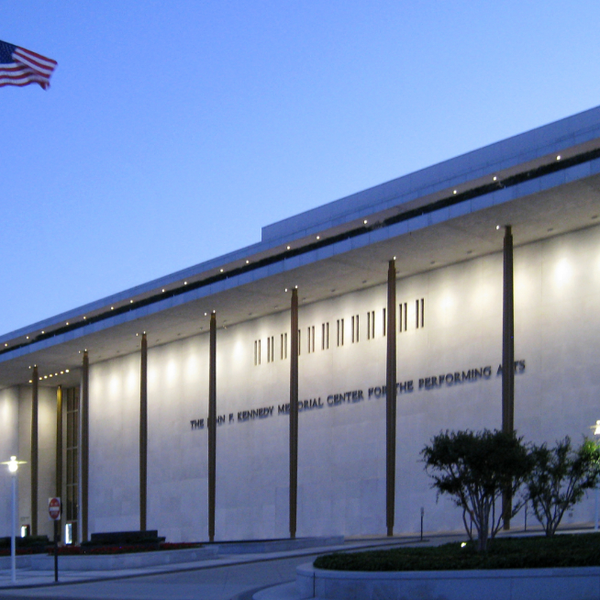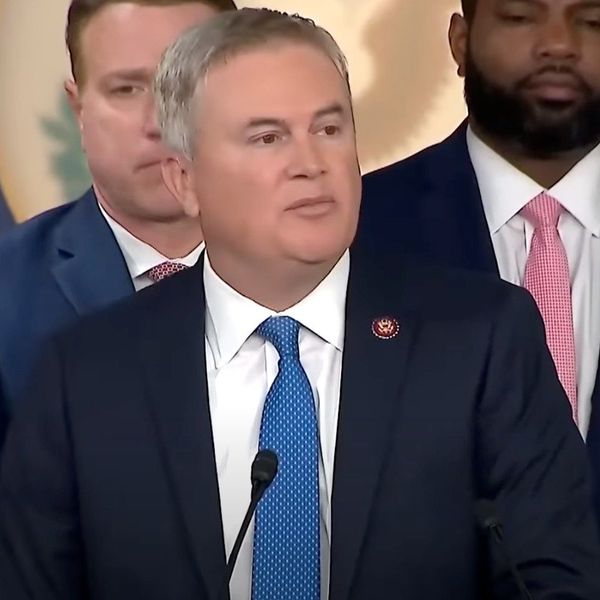For the great sin of having been mistakenly transported to El Salvador, Kilmar Abrego Garcia has drawn the full wrath of the federal government, which seems determined to do whatever it can to punish and immiserate him.
The story, almost too baroque to believe, begins in bureaucratic error and ends in calculated cruelty. Abrego, a noncitizen who was legally present in the United States pending an immigration proceeding, was wrongfully deported to El Salvador after a series of cascading mistakes by federal authorities.
What followed was not a correction, nor an apology, but a concerted effort by the Department of Justice—led by Florida U.S. Attorney Markenzy Lapointe and spearheaded in the public arena by the ever-theatrical Pam Bondi—to discredit, disparage, and ultimately criminally charge Abrego with puffed-up offenses that now appear to have exaggerated his conduct.
Rather than acknowledge and correct its own injustice, the government went into a defensive crouch, proffering a shifting series of excuses for why Abrego deserved no sympathy. These ranged from:
- arguing it was impossible to bring him back because he was under the sovereign control of Salvadoran President Nayib Bukele;
- portraying him as a serious terrorist who deserved to be deported (remember the photoshopped tattoos on a man’s fingers that Trump brandished?);
- asserting they would not permit him back in the country under any circumstance, but would deport him elsewhere;
- resisting disclosure of their own errors on the grounds that the information consisted of state secrets;
- and finally, arguing in court that the mistake was minor and non-prejudicial—essentially, no harm, no foul.
All of the arguments were legally dubious, factually suspect, or both. More than that, the Administration brought to bear an unmistakable malice and obstinacy: locked in a dispute of its own making, it was determined to win at all costs.
This is not a case being handled on autopilot by a faceless bureaucracy. It bears the fingerprints of a political machine that—from the President on down—appears eager to punish anyone who embarrasses them, even (and especially) when the embarrassment results from their own misconduct.
Evolved systems of justice do not see criminal prosecutions as no-holds-barred personal battles.
The claim that Abrego hadn’t actually suffered anything legally cognizable, despite being stranded for months in dangerous and unstable conditions in CECOT prison, was particularly cynical. Just this week, Abrego’s lawyers alleged the opposite: that he, along with other prisoners, was beaten and tortured in prison, including being made to kneel overnight and denied bathroom access. This is the high-tech hellhole that the United States has paid El Salvador millions of dollars to house its deportees.
The DOJ, facing increasing legal pressure, did eventually bring Abrego back to the United States—supposedly via the heroic intervention of Secretary of State Marco Rubio. But the Administration wasn’t bringing him back to reunite him with his family. Instead, it brought him back in shackles to face criminal charges.
It was a breathtaking inversion: the man wrongly deported by the government becomes the defendant in a case brought by that same government. The obvious theatrics were designed to pull victory from the jaws of defeat, to assert that the Administration had been right all along, and that Abrego is in fact among the “worst of the worst.”
At the center of this prosecutorial contortion is Attorney General Pam Bondi, playing her familiar Trump-era role: serving as both legal mouthpiece and media surrogate for Trump’s personal priorities. Bondi repeatedly attacked Abrego’s character in public and painted him as a dangerous criminal—straying far outside the four corners of the indictment and putting on a clinic of ethical violations.
The indictment that the feds returned before bringing Abrego back took an already known episode—in which state police did not charge him—and bulked it up with a conspiracy charge painting Abrego as a criminal mastermind.
To support that narrative, they secured the cooperation of the actual head of the operation by granting him a sweetheart deal that let him remain in the U.S. despite a long record of federal crimes, many involving immigration. The conspiracy Abrego is charged with began in 2009 even though the cooperator told them he didn’t meet Abrego until 2015. He also said Abrego had driven for him “on multiple occasions,” which hardly sounds like the level of culpability of a co-conspirator.
The use of that cooperating defendant to get at Abrego violated what used to be DOJ policy of not “cooperating down,” i.e., not using a more culpable defendant to get at a less culpable one. But whatever shreds of DOJ norms remain gave ground to the overriding imperative of winning the battle against Abrego.
Then, matters took a surprising turn.
The government moved to detain Abrego pretrial. The judge denied the motion, holding that the prosecutors couldn’t show that he posed any flight risk or threat to the community, and ordered him released.
DOJ promptly played perhaps its nastiest card: it told the court that as soon as Abrego was released, it would seize him and deport him to a third country.
So much for Bondi’s preening lecture about the need to convict Abrego and have him serve a federal sentence before deportation. Now, just as Abrego was able to consider the prospect of freedom for the first time since he was unlawfully seized and sent to El Salvador, the DOJ’s plan is to forgo the criminal trial and deport him immediately.
This prompted Abrego’s lawyers to take an almost unheard-of step that underscores just how Kafkaesque this case has become. They asked the court to keep him in custody—at least until the government could guarantee it wouldn’t deport him immediately upon release.
His fear was simple and chilling: that once outside the courthouse walls, ICE would swoop in and vanish him before he ever had a chance to mount a defense or tell his story.
That’s where matters now stand. The judge has agreed to keep Abrego in jail—separated from his family, but also from the clutches of ICE agents—while it hears his argument that he is entitled to stand trial and therefore must not be deported.
The government has consented to temporarily halting deportation—it doesn’t have much choice while Abrego remains behind bars. But his legal claim that the government can be forced to put him through a criminal trial rather than deport him is a steep uphill climb.
And that means that once his emergency motion runs its course, Abrego will likely again find himself on a plane—this time bound for some third-party country like South Sudan.
Apart from the puerile obstinacy of beating Abrego—of using the full power of the Executive Branch to make life hellish for one man who had the misfortune of being mistakenly deported—the government’s plan to deport him before trial serves another malevolent purpose.
Deporting Abrego ensures that much of the underlying record—both the suspect circumstances of his deportation and the details of the prosecution—remain sealed and buried. If he’s gone, there’s no trial. And if there’s no trial, there’s no public reckoning.
The indictment itself already reads like something of a stretch. And the factual record about what happened to Abrego in El Salvador—and the conditions of his detention—could prove deeply inconvenient for the government. Quietly deporting him to a third country would bury that evidence forever.
So here we are, with a criminal defendant entitled to be at liberty but pleading to be kept in jail, where it’s safer. A man who never should have been deported is brought back not to be made whole, but to be prosecuted. Then, when that fails, to be vanished again.
It’s a tortuous saga, and it may be tempting to view it as an aberration. But it’s not. It’s a window into a government that regularly confuses its own political and propagandistic ends with national security—and that treats every argument against it as an act of aggression that must be crushed.
They are in it not to faithfully execute the law, but to win. To punish enemies. To intimidate opponents. With the structural checks and balances of government increasingly disabled or acquiescent, it falls to us—the people—to call them on it, and to raise our voices in protest at every turn.
Harry Litman is a former United States Attorney and the executive producer and host of the Talking Feds podcast. He has taught law at UCLA, Berkeley, and Georgetown and served as a deputy assistant attorney general in the Clinton Administration. Please consider subscribing to Talking Feds on Substack.
Reprinted with permission from Substack.












